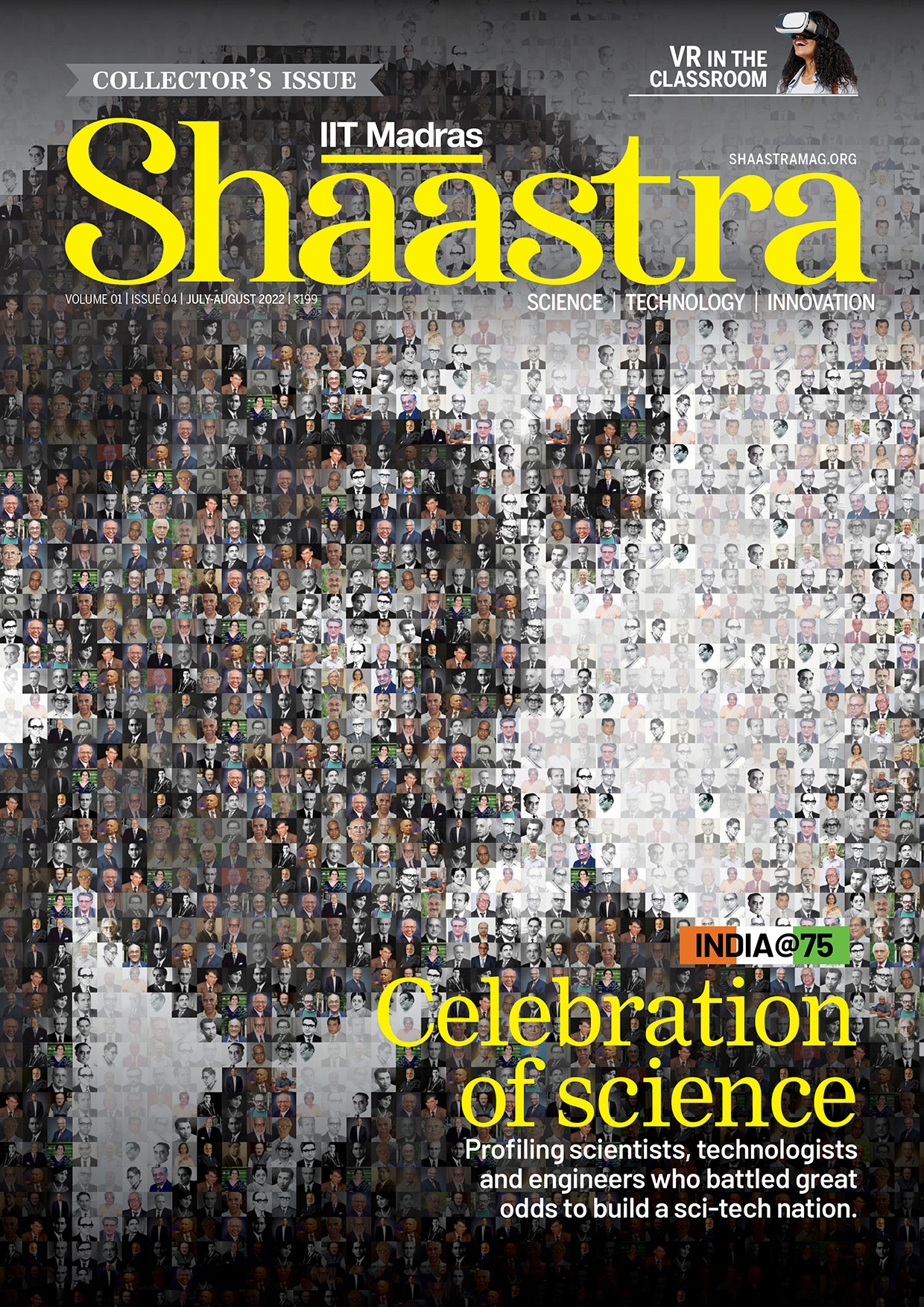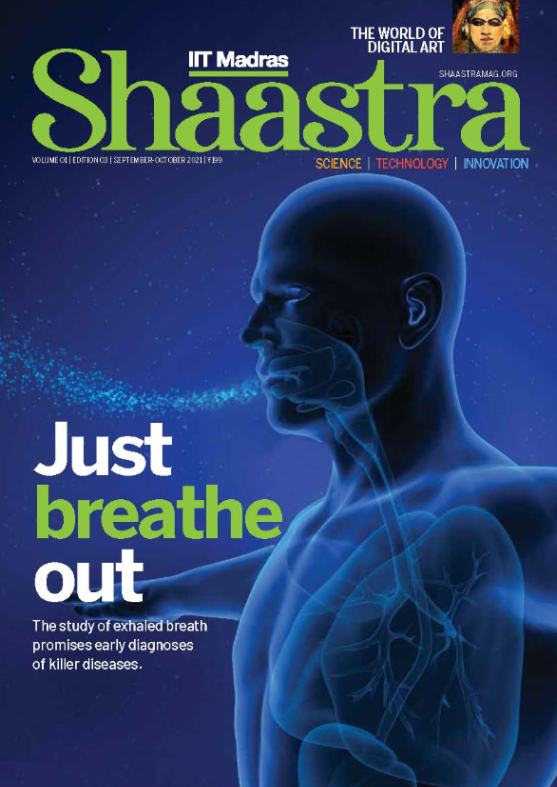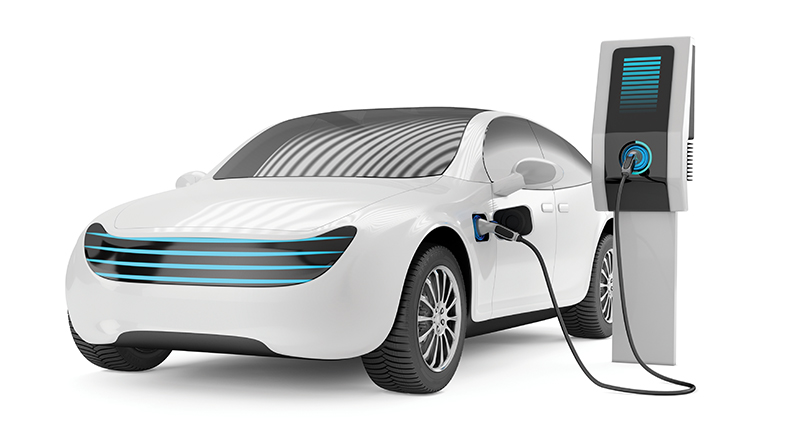Brain's unsung heroes
-
- from Shaastra :: vol 04 issue 06 :: Jul 2025

Research turns the focus from neurons to astrocytes to explain memory storage.
Neurons have long been the undisputed superstars of the human brain. The long-stemmed cells that run like cables along the nervous system process information and store memory. But scientists at the Massachusetts Institute of Technology in the U.S. are intently studying the scaffolding that holds them together: the astrocyte network. In a paper published in PNAS (bit.ly/Neuron–astrocyte-memory) in May 2025, researchers Dmitry Krotov, Leo Kozachkov, and Jean-Jacques Slotine propose that astrocytes — star-shaped cells with tentacles called processes that interact with millions of neurons simultaneously — may also play a significant role in memory storage. Krotov and Kozachkov wanted to formulate equations to capture how information flows in the brain. "There are a ton of equations about neurons," says Krotov, but a lot less about astrocytes. The physicist, working on neural networks, implements ideas from neuroscience in modern artificial intelligence (AI) systems.
In 1982, when American physicist John Hopfield invented the Hopfield network (which won him the 2024 Nobel Prize in Physics), the algorithm was inspired by the human brain. Neurons were represented by weighted nodes in the network, and each node would be connected to every other node to store and retrieve patterns. While the Hopfield network was initially used to model the brain, it still did not explain the vast number of patterns the human brain could store. A Hopfield network could store just 14% of all nodes. This meant the human brain, with about 86 billion neurons, could not store more than 12 billion patterns. So, a decade ago, Krotov turned his attention towards building a modified version of the Hopfield network, called dense associative memory networks, with an exponentially better storage capacity and improved recall capabilities.
PAST ISSUES - Free to Read


Have a
story idea?
Tell us.
Do you have a recent research paper or an idea for a science/technology-themed article that you'd like to tell us about?
GET IN TOUCH













